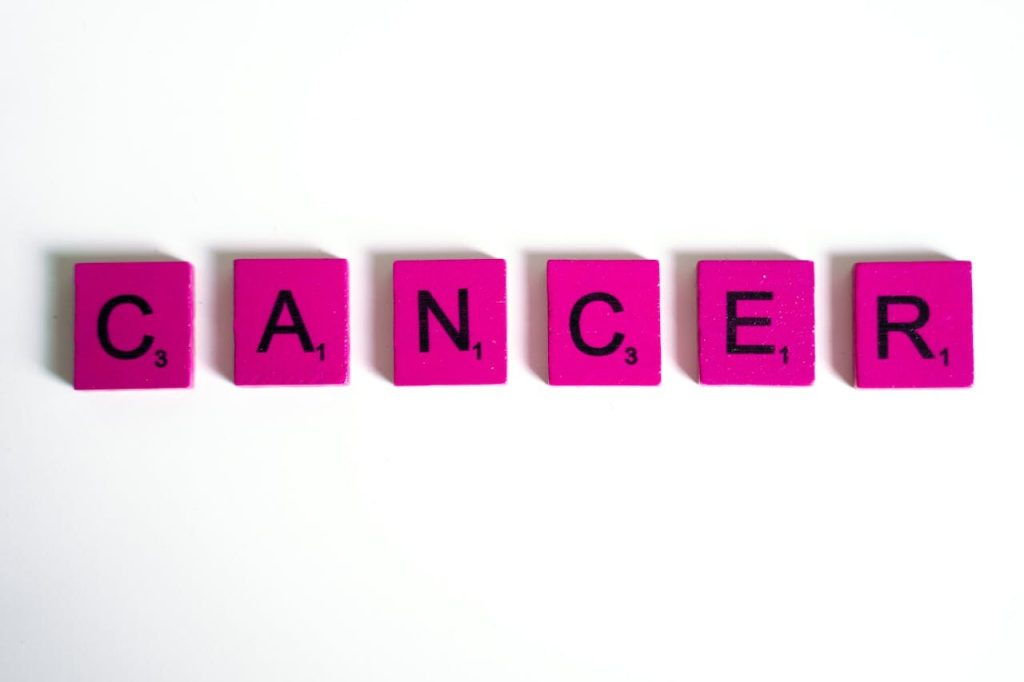Many patients experience fear and dread when their healthcare provider refers them to an oncologist. In their minds, oncology means cancer. However, while oncology is the branch of medicine that deals with the study, diagnosis, and treatment of cancer, being referred to an oncologist doesn’t always mean that you have cancer.
A Brief History of the Term
If you’re wondering, “Does oncology mean cancer?” it helps to know a little background. The term “oncology” comes from the Greek word “onkos,” meaning mass or tumor, and “-logia,” meaning the study of. Oncology emerged as a distinct medical field through the systematic study of both malignant and benign tumors. By the 20th century, it had formally established itself as a medical specialty, concentrating on the prevention, diagnosis, and treatment of cancer. The development of chemotherapy, radiation, and targeted therapies solidified oncology’s central role in cancer care.
Why People Often Assume the Worst
When a patient hears the word “oncology,” the natural assumption is that cancer is on the table. That’s because, in most cases, being referred to an oncologist means you have cancer or are showing the early symptoms of cancer.. However, in everyday practice, oncologists sometimes evaluate non-cancerous conditions that could mimic cancer or cause suspicious test results. For example, certain inflammatory diseases, benign tumors, or blood disorders may warrant a visit to an oncologist simply to rule out cancer.
When an Oncologist Visit Doesn’t Mean Cancer
If your doctor refers you to an oncologist, you may jump to the conclusion that oncology means cancer. But the referral could be precautionary. For example, abnormal blood counts, unexplained swelling, or imaging results showing an unusual mass might prompt a specialist’s review. In these situations, your visit is about gathering more information, not confirming a diagnosis. Many people leave their oncology appointments relieved to learn that their symptoms are caused by something other than cancer.
The Role of Testing
Regardless of the reason for your referral, seeing an oncologist usually means more testing. This can include blood work, biopsies, or advanced imaging. The question, “Does oncology mean cancer?” can only be answered definitively after the tests are reviewed. The goal is to identify exactly what’s going on so treatment—whether for cancer or another condition—can start quickly.
The Different Types of Oncology
There are many types of cancers. As a result, oncology is divided into several subfields:
- Medical oncology focuses on chemotherapy, immunotherapy, and targeted treatments.
- Surgical oncology involves removing tumors and nearby tissues surgically.
- Radiation oncology uses targeted radiation to destroy cancer cells.
- Hematology-oncology addresses cancers of the blood, such as leukemia or lymphoma.
Each specialty shares the common link of dealing with cancer, but their approaches vary widely.
Emotional Reactions to the Term
Hearing “oncology” in any medical context can be overwhelming. Patients often experience anxiety before even meeting the specialist. That’s why it’s crucial to approach your appointment with an open mind—understanding that oncology also plays a key role in early detection, monitoring, and prevention. Remember, the word “oncology” doesn’t necessarily mean you have cancer – in many instances, seeing an oncologist results in a reassuring prognosis rather than a devastating diagnosis..
How Oncologists Work with Other Specialists
Oncologists rarely work in isolation. They often collaborate with radiologists, pathologists, surgeons, and nutritionists to ensure their patients receive comprehensive care. Oncology is a collaborative field that can help clarify complex cases, whether or not cancer is present.
The Importance of Early Evaluation
Wondering, “Does oncology mean cancer?” might make you hesitant to follow through with a referral. But delaying evaluation can have consequences. If it is cancer, catching it early greatly increases treatment success. Early evaluation is about getting answers, not making assumptions.
Final Thoughts
Does oncology mean you have cancer? The term oncology does involve cancer treatment and diagnosis. But rest assured that if we refer you to an oncologist, it does not automatically mean you have cancer. It simply means that we want to get you further testing to get to the bottom of your health concerns.
That’s what we’re all about here at SIE Medical: getting to the root of your health issues. The term “oncology” may carry fear or emotional weight, but it’s also a sign that we as your healthcare team take your symptoms seriously. We want to make sure nothing gets overlooked.
The outcome of further oncology testing may indicate cancer or another diagnosis entirely. Either way, utilizing an oncologist involves finding answers and creating a plan that supports your health.
If we refer you to an oncologist, be assured that we are simply seeking clarity. The sooner we know what is causing your current health issues, the sooner we can help you get the care you need.
Call our offices to schedule:
- Atlanta, GA: 404-963-9773
Austin, TX: 512-788-9941


